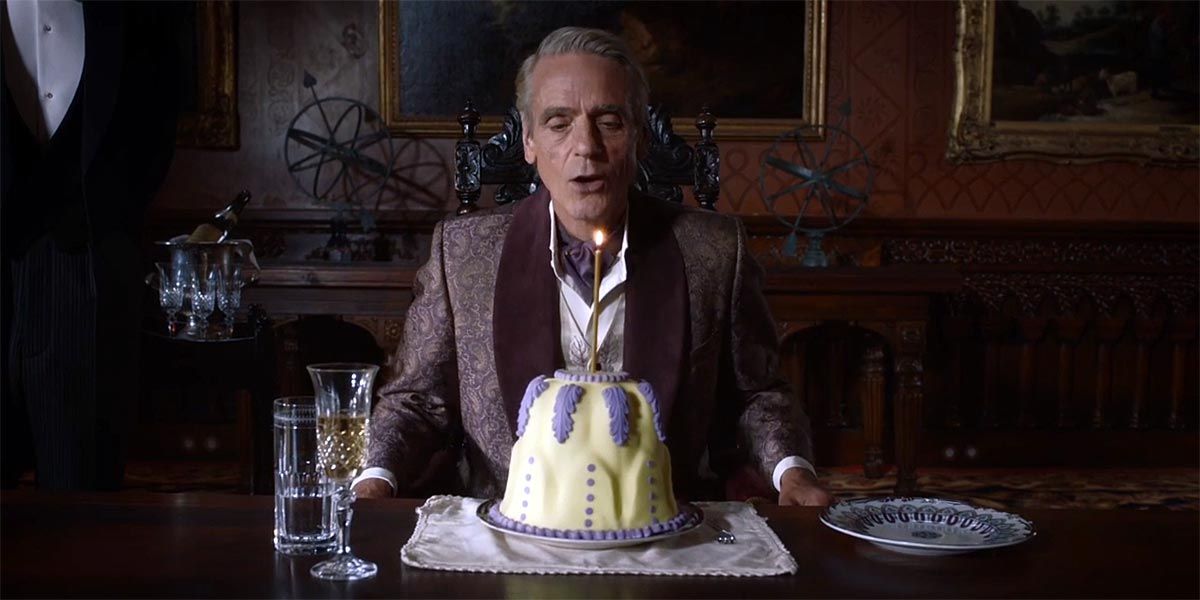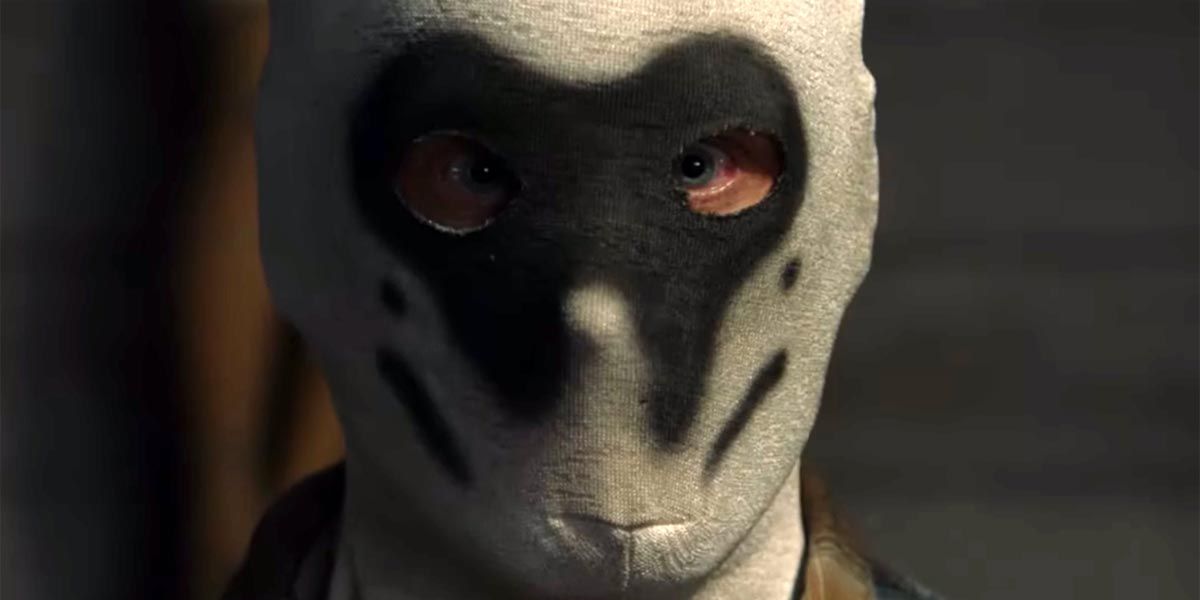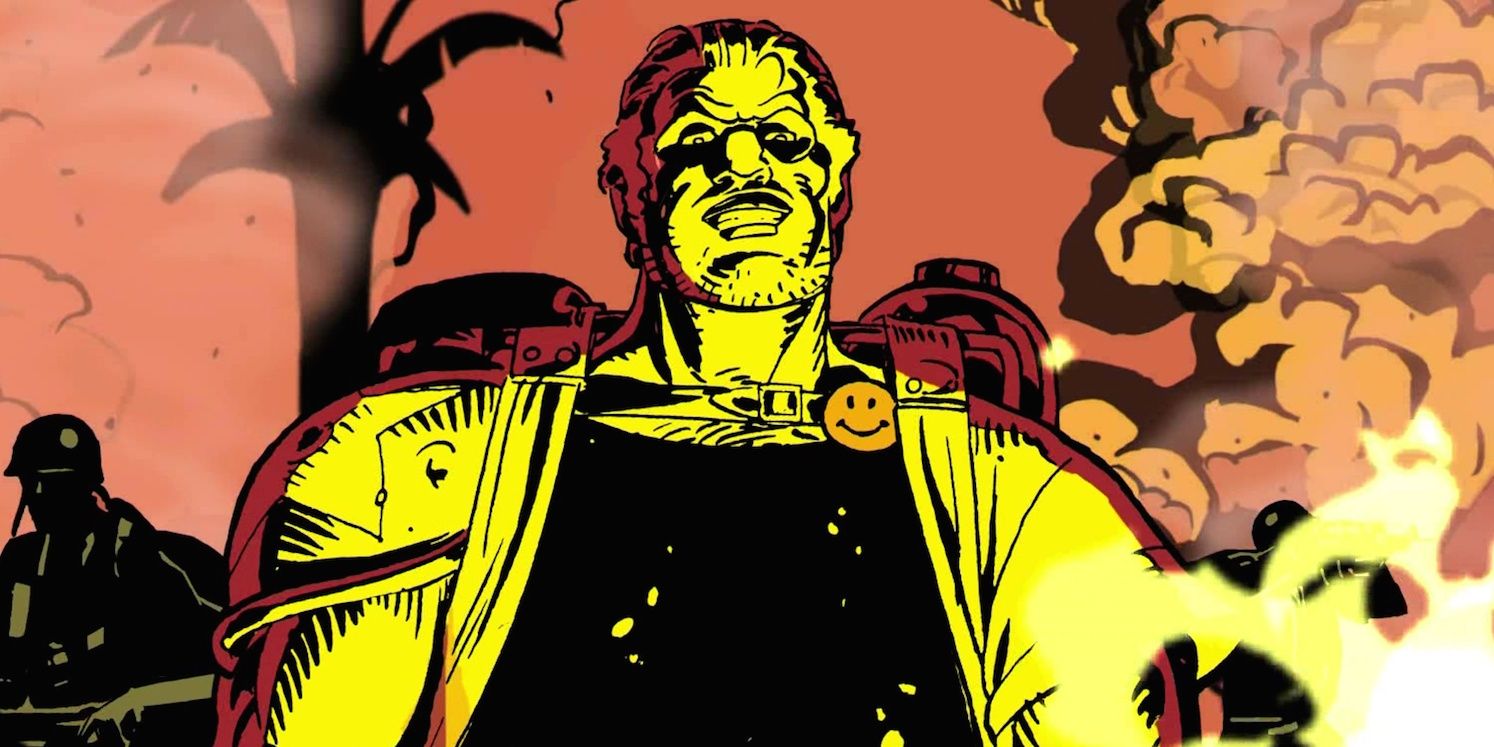We may be only four episodes into HBO’s Watchmen, but it’s very likely to go down as the most controversial new TV series of the year. People have been heavily reading into the series’ subtext involving real-world stigmas and current events, and outrage has been vocal from both America’s right and left. Fans of the comic are even decrying the show for taking on such a political backdrop, feeling the source material had a more subdued agenda.
While the outcome for this first season is right next to unpredictable at this point, there’s no doubt that this debate will heat up over the coming weeks, and this does resonate with the ethos of the comic more than many are willing to admit. Showrunner Damon Lindelof has certainly been throwing us curveballs for what a Watchmen series should be, but he’s undoubtedly retained the limited series' touch for anarchy.
The most singular quality of the comic book, even over three decades since its release, is that it refused to see the world in black-and-white. Nearly all the "superheroes" of this world did reprehensible things, with only the hollow character of Rorschach withholding a narrow peripheral for good and evil. Rorschach has often been considered a fan-favorite for his memorable quotes and propensity for merciless violence, but it’s obvious the character wasn’t meant to be seen as exemplary, especially as his objections on the world are often pressed on women, immigrants and poor people. Likewise, look at Ozymandias (played in the show by Jeremy Irons), a genius conglomerate who sought a utopia but ultimately commits the book’s most unspeakable act.
The book was absolutely a reflection of its time; Alan Moore and Dave Gibbons were ostensibly inspired to mold Watchmen’s world as a satire on power politics, and in 1986, not only was this the era of Margaret Thatcher’s ministry in England but also the time or Reaganomics in America. In the alt-history of Watchmen, Moore envisioned the advent of superheroes led to an even more conservative spectrum, as the God-like Doctor Manhattan allowed America to win the Vietnam War, which would carry Richard Nixon to serve four consecutive terms as President. Moore, who was clearly not a fan of Reagan, even admitted in 2005 that he intentionally used Nixon as a fill-in for Reagan, and gave a very blunt reason: "You’re not going to get much argument that Nixon was scum!"
Flash forward 30 years later and we find history is quite the repeater yet again. The UK is constantly in the news thanks to the internationally detrimental effects of Brexit, and of course, America is now under the leadership of a highly right-wing and controversial administration. Lindelof is commenting on this chaos with his Watchmen series while also vividly exposing an ugly backbone to American history that too many turn a blind eye toward. While it might seem perplexing to set a Watchmen TV series in Tulsa, Oklahoma, given the more urban locales that made up the comic, the reasoning for this becomes obvious very quickly. The show’s very first scene depicts The Tulsa race riot (sometimes more accurately referred to as the Tulsa Massacre) of 1921, which left thousands of African Americans homeless and hundreds killed. This dark history seems seminal for the series Seventh Kavalry, a white supremacist group that wears the mask of the aforementioned Rorschach.
Of course, in Watchmen’s pathos, a liberal-minded agenda isn’t in the cards either. There have been other criticisms of the show, with some feeling it holds a Social Justice Warrior conceit, but such claims are erroneous, and the more observational viewer will find this lucid. Take an early scene in the first episode when we see a cop lose his life thanks to an ineffective gun regulation. The police officers (that also wear masks, in a fairly clever attempt at symbolism) have proven to be just as brutal and unforgiving in their tactics as the white supremacists they’re doing battle with.
Moreover, this season appears to be setting up a very similar arc to that of the comic. Tulsa police chief Judd Crawford (Don Johnson) is one of the central characters of the pilot, as well as one of the most affable. He’s charming and resourceful, and even lends a shoulder to cry on for a character or two, but he’s killed off come the end of the first episode. In the episodes since, we’ve uncovered little tidbits that suggest he wasn't the clean-cut town sheriff he had seemed, particularly when we discover that a KKK robe was in his closet. This is akin to The Comedian’s story in the comic, who also dies in the book’s set-up, and the eventual reveal of his killer also unravels his sordid history of rape and murder.
In the episodes that come, it should be expected that this seeming murder mystery will reveal a much larger world and bring all the themes together into a cumulative whole. Still, it should also be expected that there won’t be any easy answers. What the two Watchmen indelibly share is a tone that is contemplative, but nonpreachy, and Lindelof is graciously asking viewers to make their own decisions on what to make of this strange world that is still all too familiar. While Lindelof might not be quite as radical as Moore -- a self-proclaimed anarchist -- he’s also clearly not interested in spoon-feeding a political agenda. Instead, it’s palpable to think he wants all parties to believe we’re responsible for the dystopia.
Developed by Damon Lindelof, HBO's Watchmen stars Jeremy Irons, Regina King, Don Johnson, Tim Blake Nelson, Louis Gossett Jr., Yahya Abdul-Mateen II, Tom Mison, James Wolk, Adelaide Clemens, Andrew Howard, Frances Fisher, Jacob Ming-Trent, Sara Vickers, Dylan Schombing, Lily Rose Smith and Adelynn Spoon. The series airs Sundays at 9 p.m. ET/PT.




